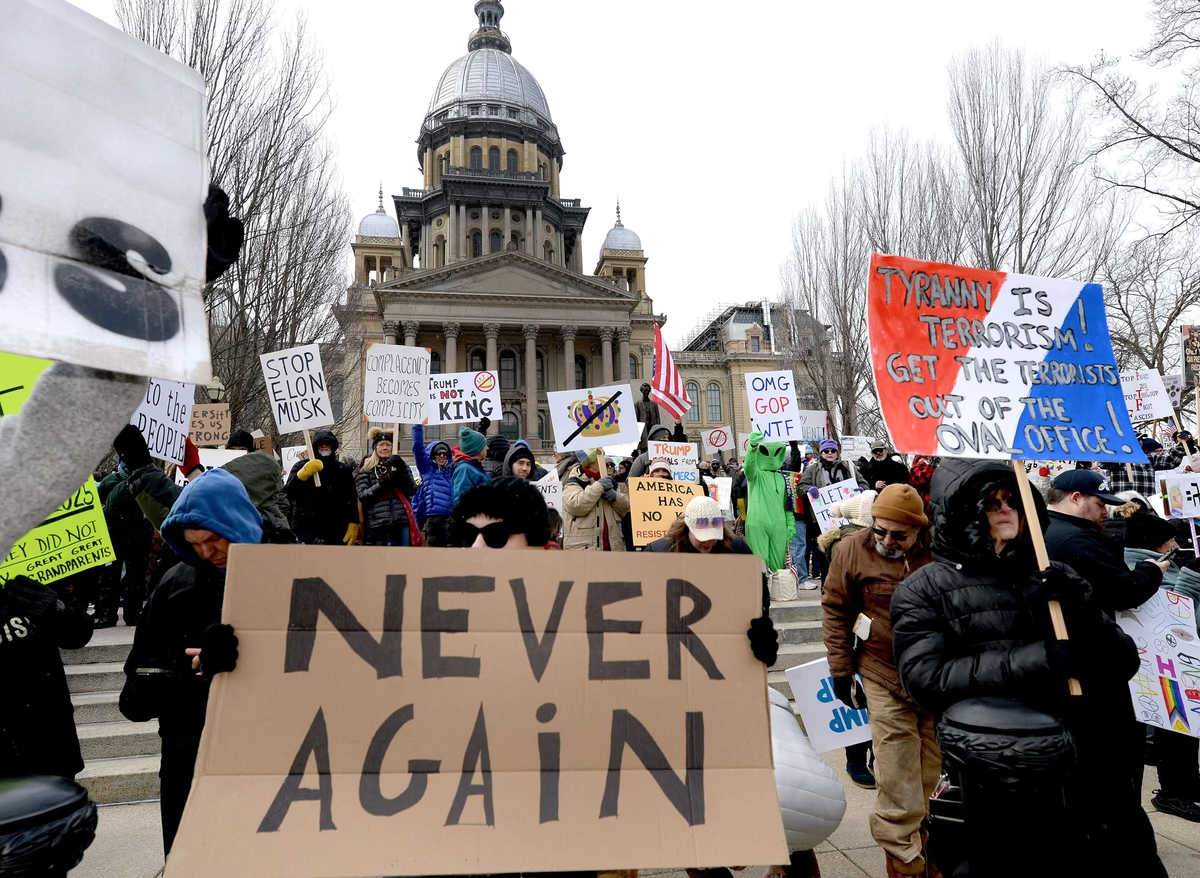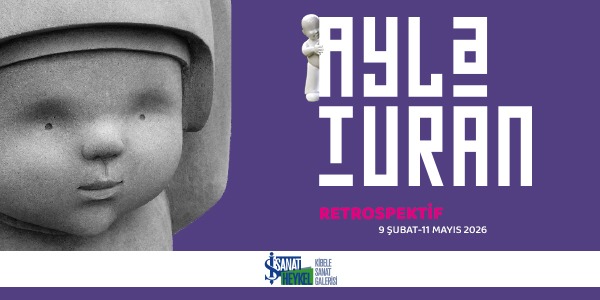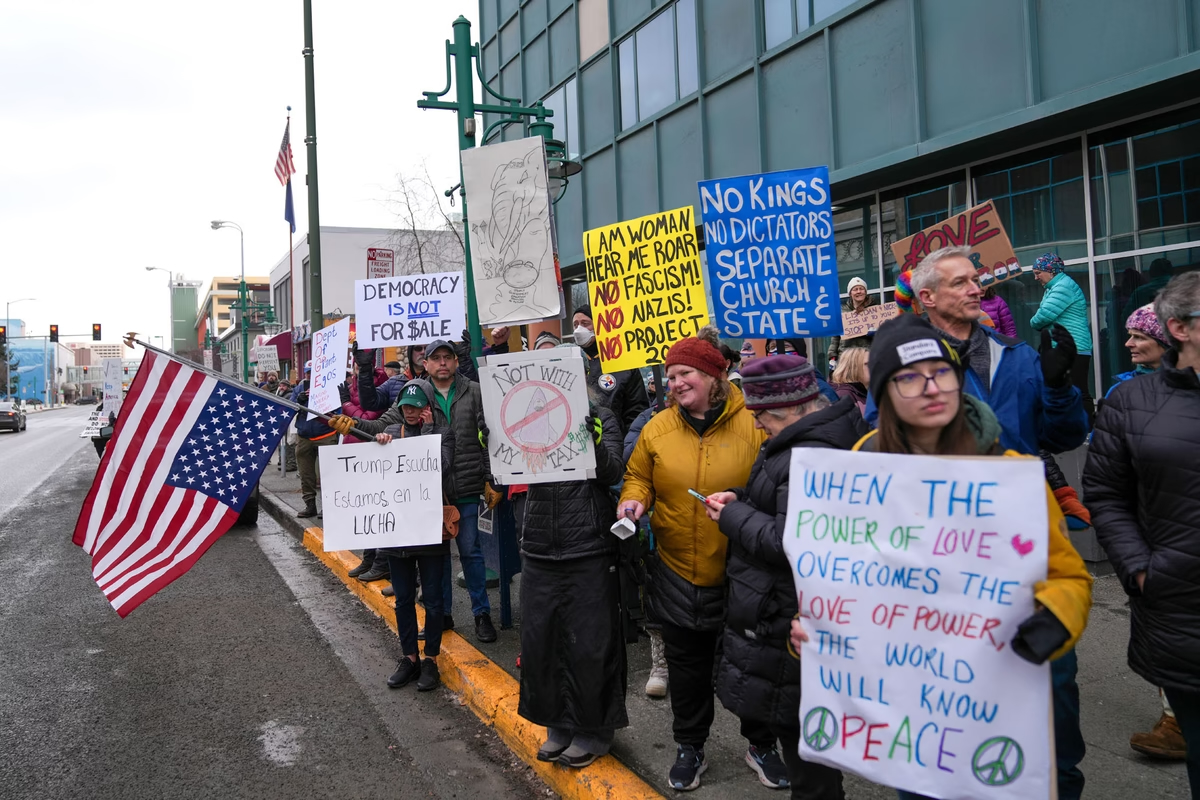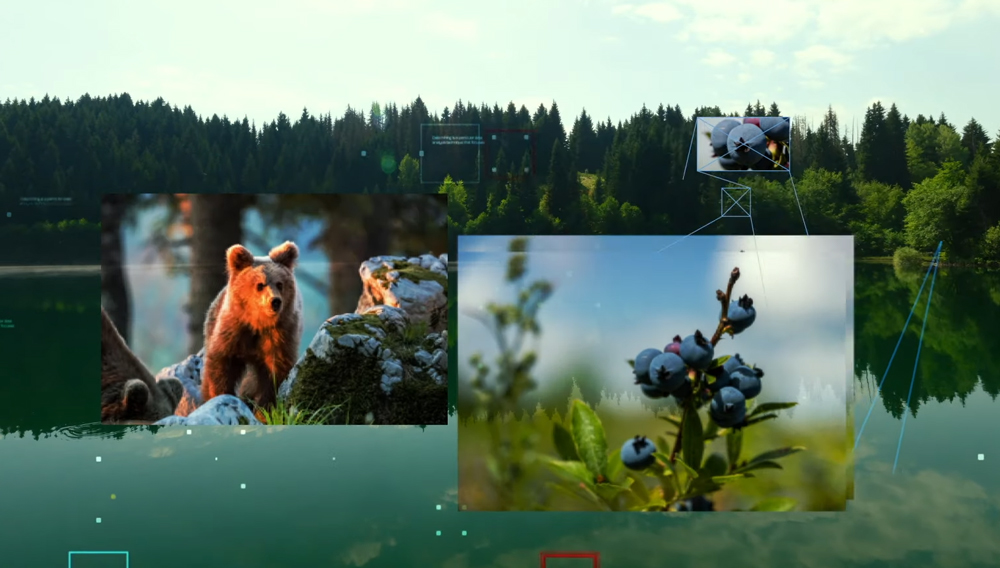As Trump’s art policies spark debates over cultural institutions in the U.S., a major backlash has emerged from the artistic community. More than 400 artists have signed an open letter to the National Endowment for the Arts (NEA), demanding that Trump retract regulations that prohibit funding for projects supporting diversity, equity, inclusion (DEI), or what his administration calls “gender ideology.”
The letter, first reported by The New York Times, highlights that the NEA is now required to comply with Trump’s new regulations, which could have devastating effects on artists, scholars, and independent arts organizations. It states:
“As an arts community, we continue to support the NEA, but these policies betray the foundation’s mission to ensure that the arts benefit everyone.”
The campaign, organized by Annie Dorsen, has garnered signatures from prominent figures such as Pulitzer Prize-winning playwrights Jackie Sibblies Drury, Lynn Nottage, and Paula Vogel. Also among the signatories is performance artist Holly Hughes, one of the four artists whose NEA funding was revoked during the cultural wars of the 1990s. Hughes remarked, “This reminds me of what happened in the ’90s. We are witnessing a barometer of who is being scapegoated in the art world today.”
Upon beginning his second term, Trump has enacted stringent cultural regulations. The new policies prevent government arts funding from supporting DEI-focused projects and exclude those that promote “gender ideology.” These restrictions are seen as a significant threat, particularly to women, minorities, and LGBTQ+ artists.
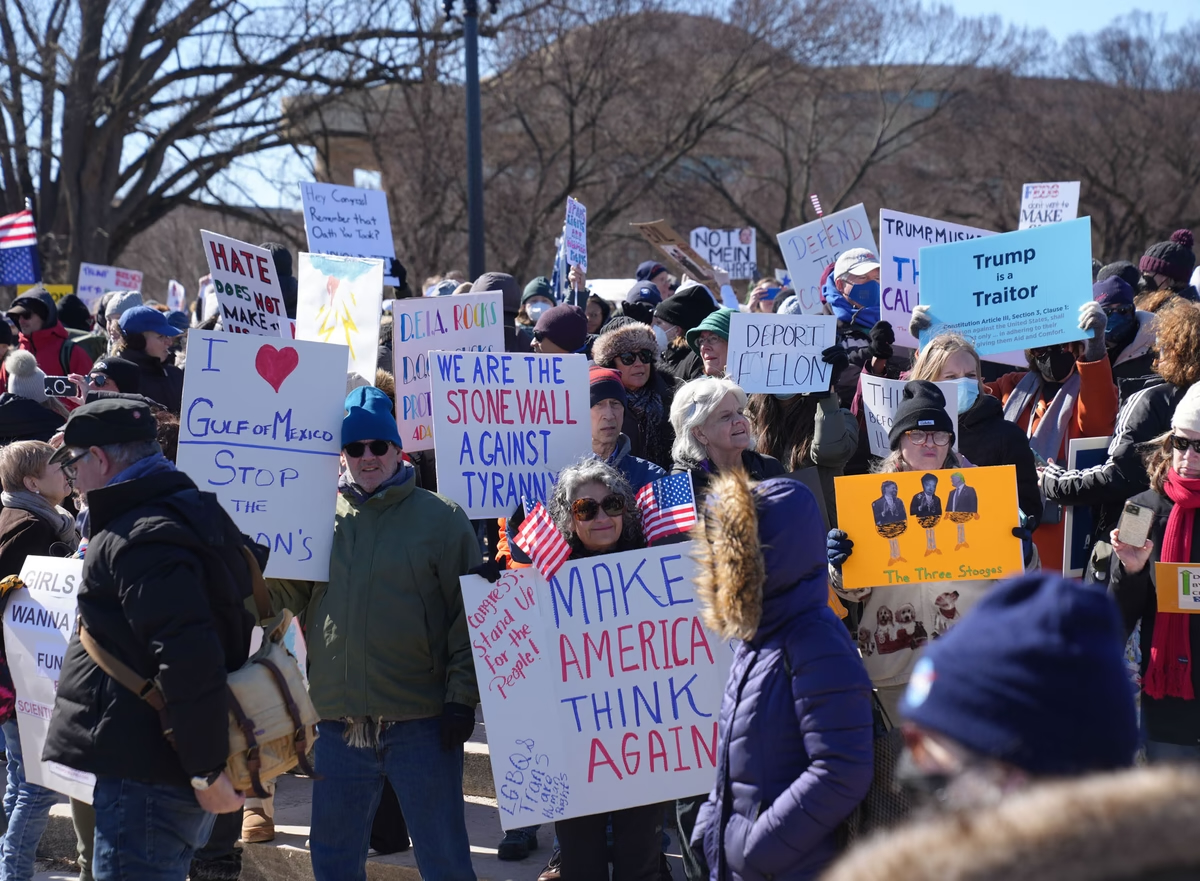
Artists and cultural advocates argue that such policies endanger artistic freedom and could harm America’s cultural heritage. They warn that restricting diversity and suppressing creative expression could undermine the democratic nature of the arts.
These regulations have heightened fears in the art world, especially after Trump took control of the Kennedy Center’s leadership. He removed board members appointed during Joe Biden’s presidency and replaced them with his own supporters. This move led prominent figures in the arts, such as Issa Rae, Shonda Rhimes, and Renée Fleming, to sever ties with the institution.
Trump’s pressure on the National Endowment for the Arts (NEA) is not new. When he first took office in 2017, he pledged to shut down the agency entirely and proposed a plan to cut its budget by 80%. However, bipartisan support in Congress not only saved the NEA but also secured an increase in its funding.
Artists argue that these new regulations stifle creativity and freedom of expression. They emphasize that art belongs to everyone and that they must not submit to these restrictions. Reflecting a collective stance, artists state:
“Trump and his supporters may try to portray funding for artists—especially those from minority communities—as ‘discriminatory.’ But we know the truth: Art is for everyone.”





